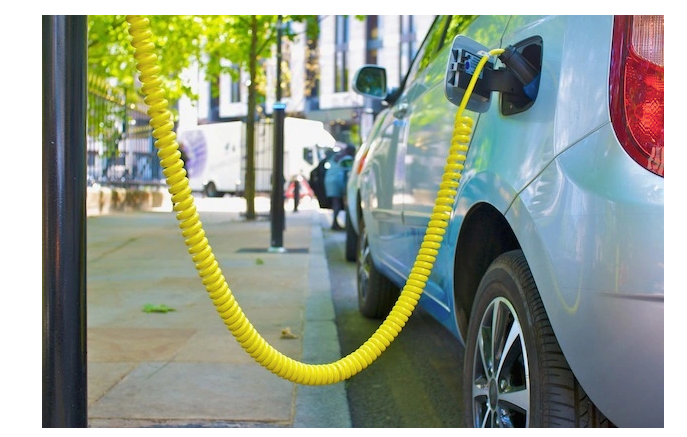Officials with the Louisiana Legislative Auditor’s office presented the task force with findings from an updated report regarding the state’s declining motor fuels tax revenue, which funds transportation infrastructure.
The LLA reported last fall that the state is anticipated to lose $563 million in fuel tax revenues by 2032 due to increasing fuel efficiency and electric vehicles. LLA officials answered several questions from lawmakers prompted by the report at the Tuesday meeting.
In total, the motor fuels tax accounted for about $620 million.
Updated data on the Department of Transportation and Development’s highway and bridges identifies $18.8 billion in unmet transportation infrastructure needs in Louisiana, with about 55% required for road conditions, 35% to address congestion and capacity, 8.8% for safety, and 1.3% for operations and motorist services, LLA officials said.
In fiscal year 2022, DOTD spent $376.6 million on personnel expenditures, which included $1.8 million for salaries for 16 unclassified positions and $231 million for salaries for 3,978 for classified positions. Another $143.8 million went to benefits and other compensation.
The situation means DOTD’s personnel expenses would exceed available federal and regular funding for the Transportation Trust Fund by fiscal year 2036, assuming 2.6% annual growth. If personnel expenses increased by 3.6%, those expenses would exceed TTF funding by 2032, according to the LLA.
LLA officials projected road usage fees on vehicles would need to increase by between $94 and $328 per vehicle to eliminate the state transportation backlog over a 30 year period, depending on various factors and assuming no new transportation projects.
If the state were to charge a flat fee on all vehicles and eliminated the motor fuel tax, the fees would total $161 per vehicle to make up the $621.1 million collected in fiscal year 2022, and the fees would need to be indexed to inflation to preserve purchasing power over time. LLA officials noted that eliminating the tax would complicate bonds secured by the motor fuel tax, and would not capture revenue on out-of-state vehicles, shifting more of the burden on Louisiana residents.
LLA officials noted the state can charge sales tax at charging stations, and several states are charging per-kilowatt hour fees of around 2 cents. DOTD Secretary Eric Kalivoda, however, pointed out that “most of (electric vehicle) charging occurs at home, in people’s garages.”
“Residential utilities are exempt from sales tax under the constitution, so that’s an issue, as well,” he said.
The task force also heard from Jody Montelaro, vice president of public affairs for Entergy, regarding a pending docket at the Public Service Commission regarding reselling power per kilowatt hour.
He said Entergy supports sale for resale, but the PSC isn’t expected to vote on the issue until later this spring. Montelaro also addressed concerns large energy companies may look to lock down the EV charging market.
“The utilities want to support EV proliferation, obviously and provide power to it,” he said. “At this time, we intend to limit our investment in EV fast charging networks to a few pilot programs.”
The task force also briefly discussed aspects of a proposed pilot program to study a millage fee system using DOTD and other state vehicles proposed by former Secretary Shawn Wilson at a prior meeting.
The task force is expected to continue discussions on a regular basis leading up to the 2023 legislative session that begins April 10.






